Beschrijving
A Thunk is a beguiling question about everyday things that stops you in your tracks and helps you start to look at the world in a whole new light. The author guides you through the origins and uses of Thunks and demonstrates how this powerful little book can develop philosophical thinking for all ages.
A Thunk is a beguiling question about everyday things that stops you in your tracks and helps you start to look at the world in a whole new light. The author guides you through the origins and uses of Thunks and demonstrates how this powerful little book can develop philosophical thinking for all ages. Remember there are no right or wrong answers to these questions. How liberating is that?

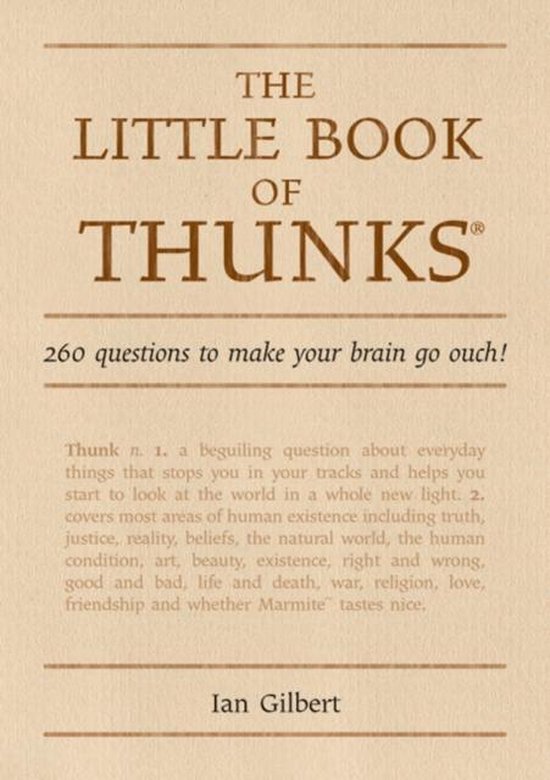

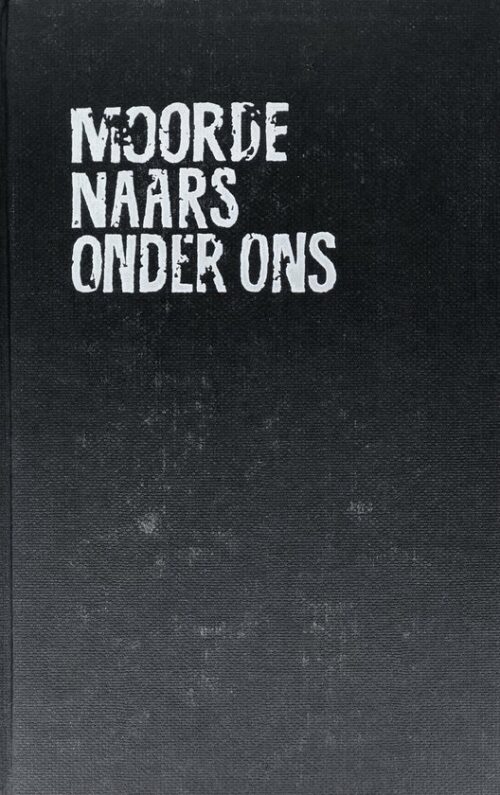
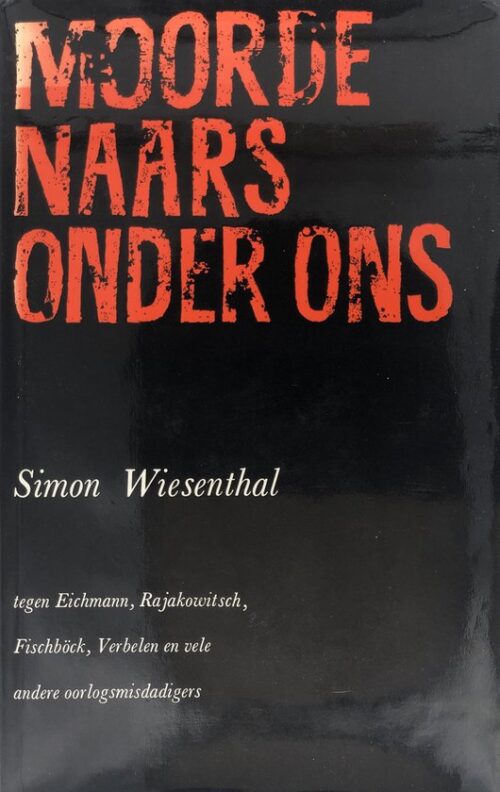
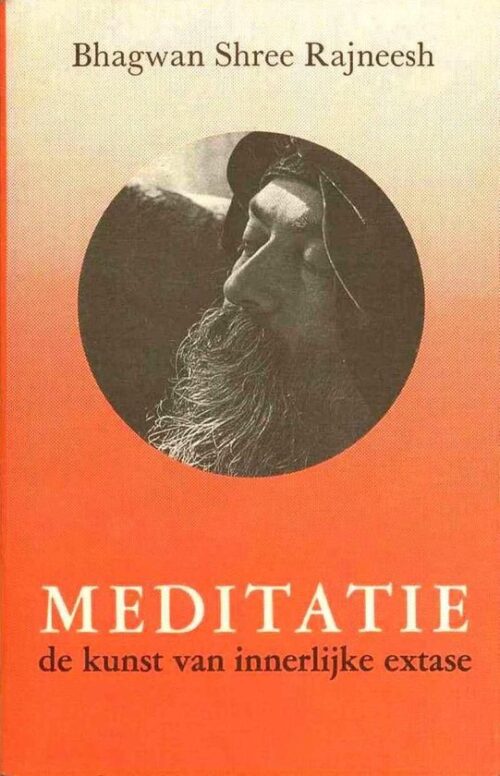
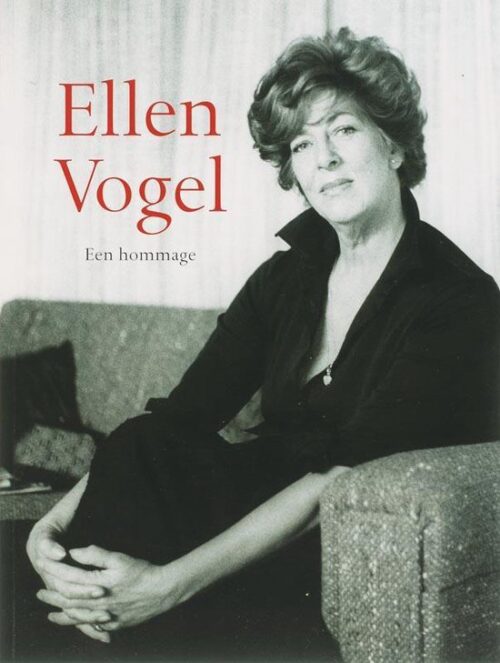
Beoordelingen
Er zijn nog geen beoordelingen.